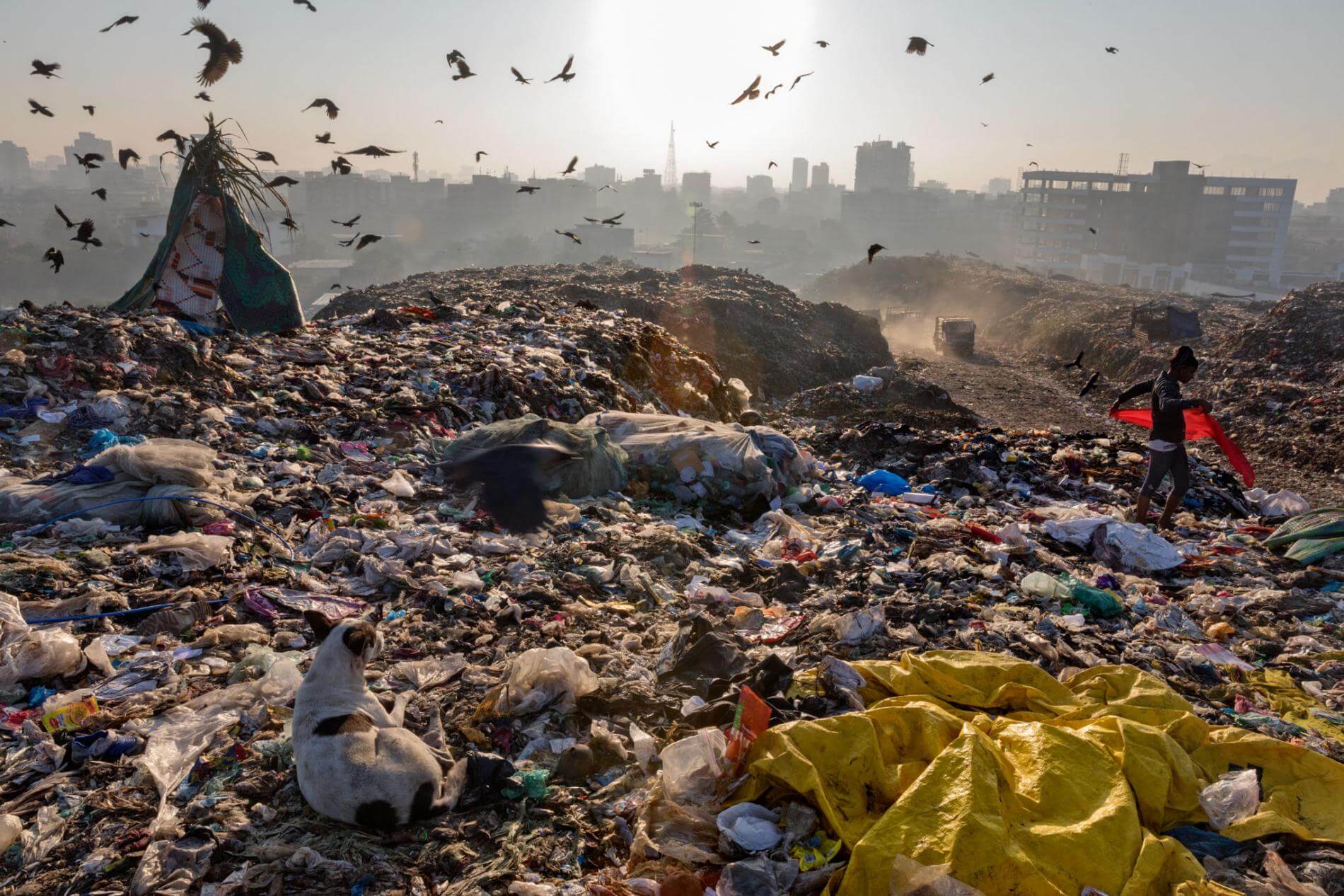On December 22, the European Commission announced the adoption of a new set of rules surrounding the export, import, and intra-EU shipment of plastic waste. The most notable feature of this announcement was the ban on the export of plastic waste to non-Organisation for Economic Co-operation and Development (OECD) countries, which is expected to greatly reduce the dumping of waste by developed countries in developing nations.
The EU’s Commissioner for Environment, Oceans, and Fisheries, Virginijus Sinkevičius, said, “These new rules send a clear message that in the EU we are taking responsibility for the waste we generate. The export of plastic waste will only be allowed under very strict conditions. The export of unsorted plastic waste to non-OECD countries will be completely banned. This is an important milestone in fighting plastic pollution, transitioning shifting to a circular economy, and achieving the aims of the European Green Deal.”
The announcement noted the damage that burning plastic has on the environment and public health, given that much of this waste is destined for landfills, is burned in the ‘open air’, or “dumped in the ocean”. Furthermore, this waste is frequently dumped in poorer countries who “often do not have the capacity and standards to manage” this waste sustainably.
As a result of the new rules, the export of “hazardous plastic waste and plastic waste that is hard to recycle” from EU to non-OECD countries has been banned. Furthermore, the export of “clean, non-hazardous waste” that is set to be recycled can only be exported from the EU to non-OECD countries under “specific conditions”, wherein the importing countries set the rules for EU countries to follow.
Next, the export of “hazardous plastic waste and plastic waste that is hard to recycle” from the EU to OECD countries will be forced to provide proof authorization from both the importing and the exporting countries. The same policy will be enforced on plastic waste that is being imported into the EU and between EU nations.
At present, Europe generates upwards of 25 million tonnes of plastic waste each year. Hence, it is hoped the new legislation like this will push countries to move away from plastic to more sustainable and eco-friendly options. At the same time, it signals the EU’s delayed commitment to the 1989 Basel Convention, which calls on signatory parties to control the transboundary movements of hazardous wastes and their disposal. Although the EU ratified the convention in 1994, it has arguably failed to meet the conditions or the spirit of the agreement until now. It was only in May 2019, at the 14th Conference of the Parties of the Basel Convention that 187 countries “set up a global regime governing international trade in plastic waste for the first time, by including new entries on plastic waste in the Annexes of the Convention”.
In fact, Sinkevičius said last year that the EU continues to export “1.5 million tons of plastic waste” each year, “mostly to Turkey and Asian countries such as Malaysia and Indonesia”. Greenpeace Malaysia released a report in May explaining how plastic waste exports can “bring with them a wide range of hazardous chemicals”, wherein “improper storage and treatment can later release these chemicals into the local environment, and burning can even generate new hazardous chemicals”.
This latest move by the EU signals its commitment to European Green Deal and the new Circular economy action plan, as well as its plastic waste strategy. The European Green deal aims to “boost the efficient use of resources by moving to a clean, circular economy” and “restore biodiversity and cut pollution”. Under its new plastics strategy, it requires all plastic packaging produced in the EU to be recyclable by 2030. At the same time, it is working to reduce the consumption of single-use plastics and ‘restrict’ the “intentional use” of microplastics. In March 2019, 560 MEPs voted in favour of a bill to ban single-use plastic items such as cutlery, straws, plates, cotton bud sticks, balloon sticks, and food containers.
The latest regulations are merely one more step in the green direction that the EU is already moving towards and is sure to be welcomed by environmental groups and citizens of developing countries.
EU Bans Export of Hazardous Plastic Waste to Non-OECD Countries
This latest move by the EU signals its commitment to European Green Deal and the new Circular economy action plan, as well as its plastic waste strategy.
January 2, 2021

IMAGE SOURCE: RANDY OLSON VIA NATIONAL GEOGRAPHICAt present, Europe generates upwards of 25 million tonnes of plastic waste each year.
